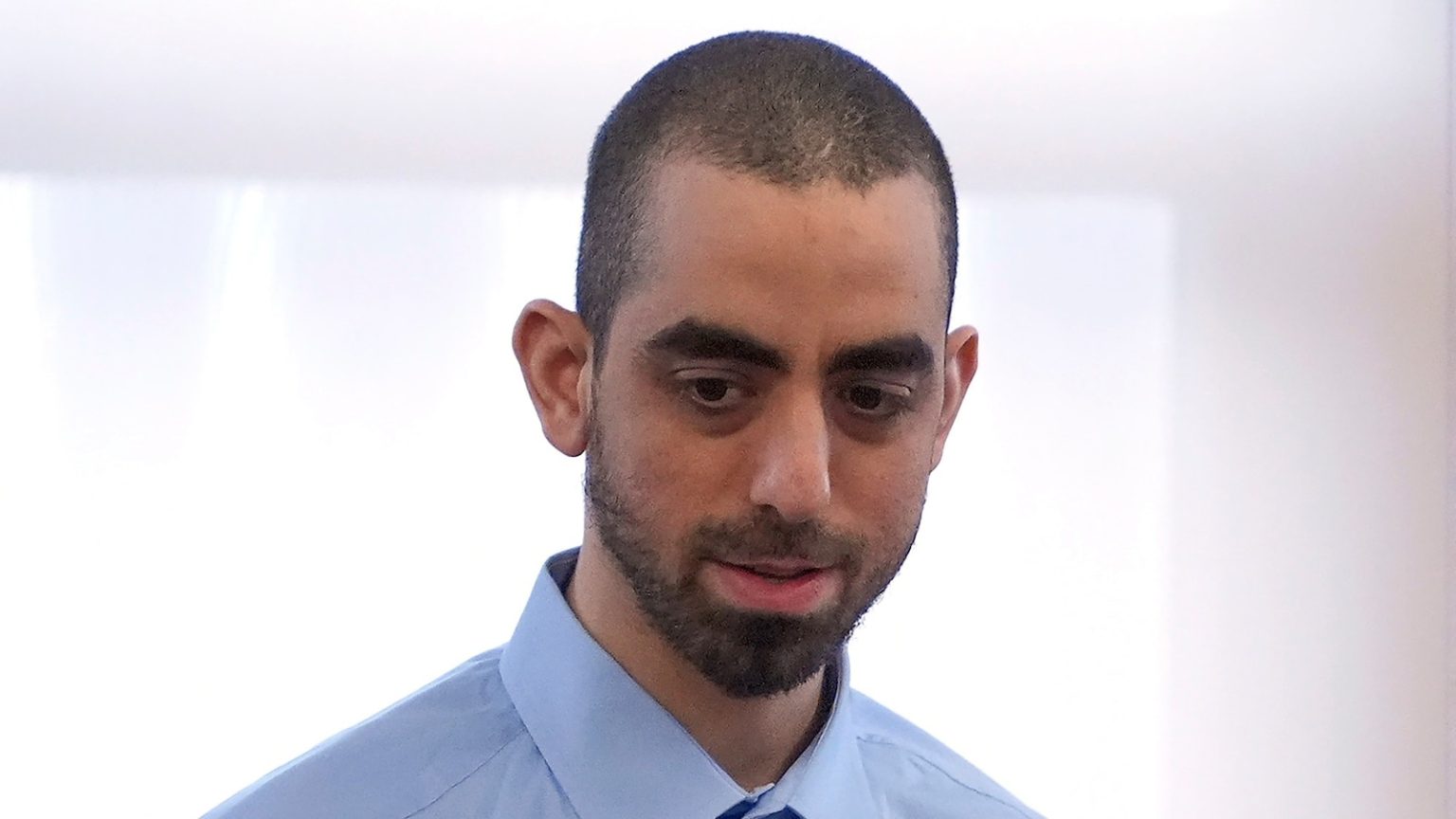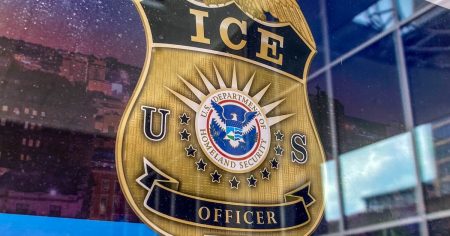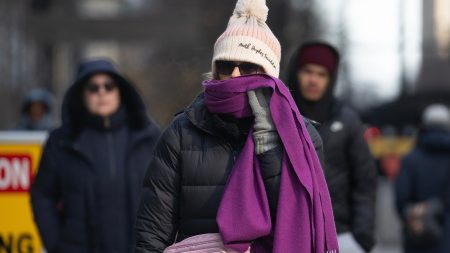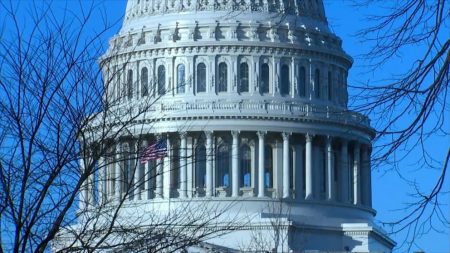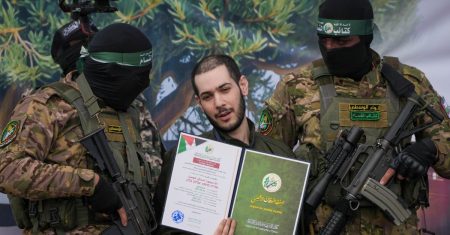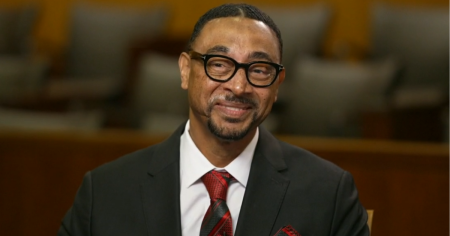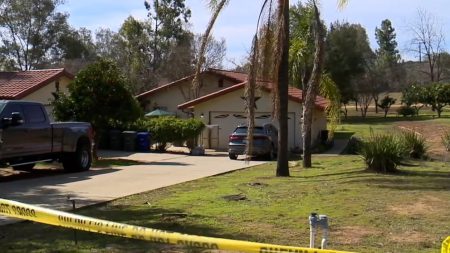The Attack and Its Aftermath
On August 12, 2022, a shocking incident unfolded at the Chautauqua Institution in southwestern New York during a speaking event featuring renowned author Salman Rushdie. Hadi Matar, a 25-year-old man from New Jersey, emerged from the audience, sprinted toward Rushdie, and launched a violent stabbing attack. The assault occurred just as Rushdie was about to deliver his speech, leaving the audience in horror. Henry Reese, the moderator of the event, was also injured while attempting to intervene. The attack was captured on video, which later became a critical piece of evidence in the trial. Rushdie suffered severe injuries, including a damaged eye that left him blinded in one eye, and was rushed to the hospital for emergency surgery. The attack sent shockwaves through the literary world and beyond, as Rushdie had long been a target of threats due to his controversial novel The Satanic Verses.
The incident was met with widespread condemnation, and Matar was immediately apprehended by bystanders and law enforcement. The Chautauqua County District Attorney’s office pursued charges against Matar, including second-degree attempted murder and assault. The case was deeply personal for many, given Rushdie’s global acclaim and the brazen nature of the attack. The trial, which began in early 2025, would hinge on the prosecution’s argument that the stabbing was premeditated and intended to kill, while the defense argued that the act was chaotic and not explicitly meant to murder.
The Trial and Arguments
The trial of Hadi Matar lasted two weeks, during which both the prosecution and defense presented their cases. Chautauqua County District Attorney Jason Schmidt led the prosecution, describing the attack as deliberate and calculated. He emphasized that the video footage showed Matar targeting Rushdie with precision, stabbing him between 10 to 15 times in the face and neck. Schmidt argued that such violence made death a foreseeable outcome and highlighted that Rushdie’s survival was a testament to the quick medical intervention he received. A trauma surgeon testified that without immediate care, Rushdie would not have survived.
The defense, led by public defender Nathaniel Barone, countered that Matar did not intend to kill Rushdie. Barone characterized the attack as a chaotic act, arguing that Matar used knives rather than more lethal weapons like a gun or bomb. He also noted that Rushdie’s vital organs were not seriously harmed, suggesting that the intent to kill was absent. Barone further argued that Matar was overcharged due to Rushdie’s high profile and that the case was influenced by the author’s celebrity status. Despite these arguments, the jury was unconvinced and delivered a guilty verdict within two hours of deliberation.
Testimonies from Rushdie and Reese
Salman Rushdie took the stand during the trial, vividly recounting the attack that left him with life-altering injuries. He described his attacker’s eyes as “very ferocious” and recalled the moment he realized he was dying. “It occurred to me that I was dying. That was my predominant thought,” Rushdie testified. His account painted a harrowing picture of the assault, detailing how Matar struck him repeatedly in the chest, torso, waist, and eye. Rushdie’s testimony underscored the brutality of the attack and its lasting impact on his life.
Henry Reese, the moderator of the event, also testified, recalling how he initially thought the attack was a prank before realizing the gravity of the situation. Reese attempted to intervene but was injured in the process. His testimony highlighted the bravery of bystanders who tackled Matar and subdued him until law enforcement arrived. Reese’s account, like Rushdie’s, provided jurors with a firsthand perspective of the chaos and violence that unfolded on stage.
The Defense’s Case and Matar’s Silence
Hadi Matar did not testify during the trial, and the defense called no witnesses. Barone, Matar’s attorney, acknowledged the damaging nature of the video evidence but insisted that it did not prove intent to kill. He emphasized that Matar had rejected a plea deal before the trial, indicating his willingness to contest the charges. Despite the guilty verdict, Barone expressed hope that the justice system would ultimately work in Matar’s favor.
Matar’s silence throughout the trial added an air of mystery to the case. While the prosecution painted him as a calculated attacker, the defense portrayed him as an individual swept up in a chaotic moment. The lack of testimony from Matar left many questions unanswered, including his motivations for the attack. However, the jury’s swift verdict suggested that the evidence presented by the prosecution was compelling and sufficient to secure a conviction.
The Verdict and Its Aftermath
The guilty verdict was met with mixed reactions. District Attorney Schmidt described the prosecution’s case as “lock solid” and expressed hope that the verdict would bring some measure of closure to Rushdie, Reese, and the Chautauqua Institution community. “I hope that two-and-a-half years later, Mr. Rushdie can get some satisfaction from this, poor Mr. Reese can get some satisfaction from this, and everybody else that was there at the institution that risked their lives to jump on stage,” Schmidt said.
For the defense, the outcome was disappointing but not unexpected. Barone acknowledged the strength of the video evidence but reiterated his belief that the system should work in Matar’s favor. The defense is now preparing for sentencing, which is scheduled for April 23, 2025. Matar faces a maximum of 25 years in prison for the attempted murder charge.
The Broader Implications and Ongoing Legal Battles
The attack on Salman Rushdie has sparked global discussions about free speech, extremism, and the targeting of public figures. Rushdie, who has long been a vocal advocate for artistic freedom, has written extensively about the attack in his book Knife: Meditations After an Attempted Murder, published in 2024. The incident has also raised questions about security at public events and the enduring threats faced by high-profile individuals.
In addition to the state charges, Matar faces federal terrorism charges, including attempting to provide material support to a foreign terrorist organization and committing an act of terrorism transcending national boundaries. The federal indictment alleges that Matar’s actions were linked to Hezbollah, a designated terrorist group. Matar has pleaded not guilty to these charges, setting the stage for another legal battle.
The guilty verdict in the Chautauqua County trial marks a significant milestone in the case, but it is far from over. As Matar faces sentencing and federal charges, the world continues to grapple with the broader implications of this violent act. For Salman Rushdie and Henry Reese, the road to recovery remains ongoing, both physically and emotionally. The attack serves as a stark reminder of the dangers faced by public figures and the enduring importance of protecting free expression, even in the face of extremism and violence.





